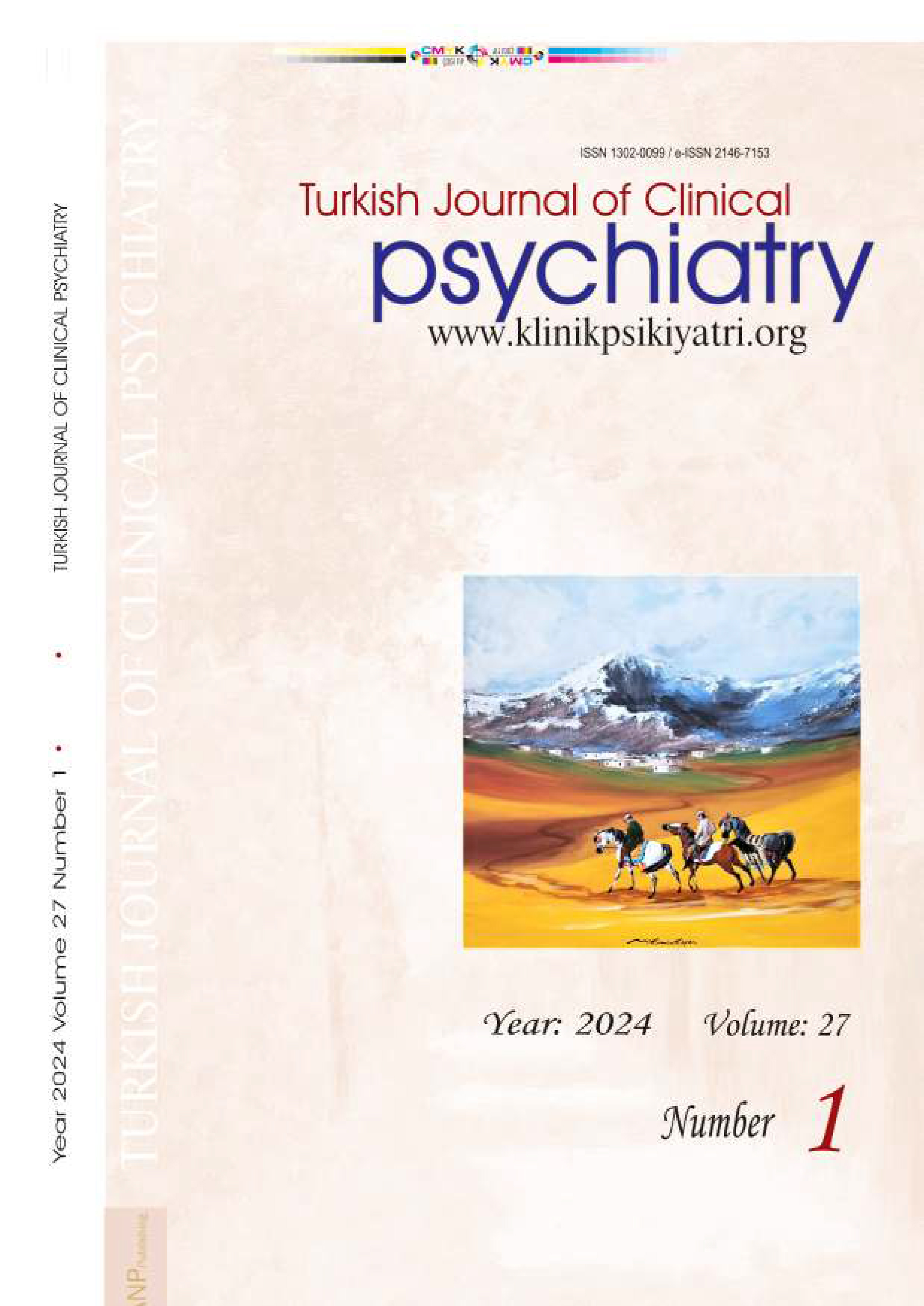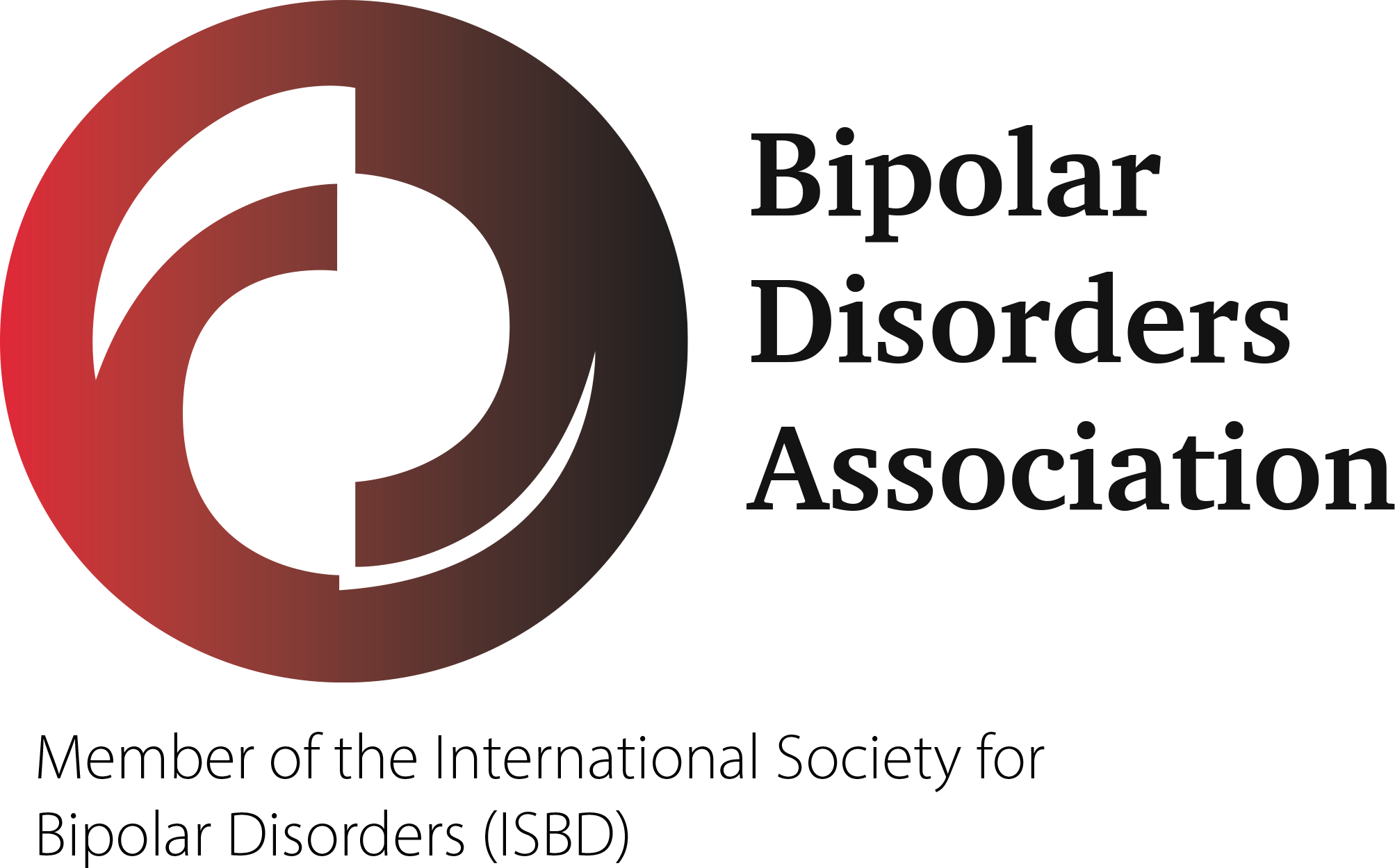





Examination of post-traumatic growth, post-traumatic stress symptoms, and neurocognitive flexibility levels in individuals who have experienced a traffic accident
Cansu Aykaç1, Nese Direk3, Kerem Kemik1, Tunç Alkın21Neurosciences, Health Sciences Institute At Dokuz Eylul University2Dokuz Eylul University Medicine Faculty Psychiatry Department
3İstanbul University IStanbul Medicine Faculty Psychiatry Department
INTRODUCTION: Pathological responses can occur in the aftermath of traumatic experiences, alongside positive changes in levels of functioning, such as Post-Traumatic Growth (PTG). Neurocognitive flexibility involves the adaptive restructuring of information in response to changing conditions. The aim of this study is to investigate the potential impact of neurocognitive flexibility on PTG. Post-Traumatic Stress Disorder (PTSD) and PTG are examined together.
METHODS: A total of 96 volunteers of had a traffic accident, consisting of 43 individuals with a PTSD and 53 without a diagnosis of PTSD, participated in the study. Structured Clinical Interview for DSM-5, Clinician-Administered PTSD Scale, Sociodemographic and Trauma-Related Characteristics Data Form, Life Events Checklist for DSM-5, PTSD Checklist for DSM-5, Depression Anxiety Stress Scale 42, Post-Traumatic Growth Inventory, Stroop Test, Trail Making Test, and Category Fluency Test were used as assessment tools.
RESULTS: According to correlation analyses, weak significant relationships were found between the PTG sub-dimension of changes in life philosophy and neurocognitive flexibility scores. Statistically significant relationships were found between PTSD and neurocognitive flexibility scores. However, no significant relationship was found between PTSD and PTG. Linear regression analyses revealed a trend between PTG and Category Fluency scores.
DISCUSSION AND CONCLUSION: This study is the first in Turkey to examine the relationship between PTG and neurocognitive flexibility using neuropsychological tests. Including tests that measure neurocognitive flexibility in future studies with a larger sample size could yield more specific and robust findings. Investigating the impact of neurocognitive flexibility is theoretically important for understanding the cognitive variables that affect PTG and can help plan psychological interventions that encompass neurocognitive flexibility. This study was presented as a Poster Presentation at the 21st National Neuroscience Congress.
Keywords: Cognition, Post-Traumatic Growth, Post-Traumatic Stress Disorder, Psychological Trauma, Traffic Accident
Trafik kazası geçirmiş kişilerde travma sonrası büyüme, travma sonrası stres belirtileri ve nörobilişsel esneklik düzeylerinin incelenmesi
Cansu Aykaç1, Nese Direk3, Kerem Kemik1, Tunç Alkın21Dokuz Eylül Üniversitesi Sağlık Bilimleri Enstitüsü Sinirbilimler Anabilim Dalı2Dokuz Eylül Üniversitesi Tıp Fakültesi Psikiyatri Anabilim Dalı
3İstanbul Üniversitesi İstanbul Tıp Fakültesi Psikiyatri Anabilim Dalı
GİRİŞ ve AMAÇ: Travmatik deneyimlere patolojik yanıtlar verilebildiği işlevsellik düzeyindeki olumlu değişim olarak ortaya çıkan travma sonrası büyüme (TSB) gibi yanıtlar da verilebilir. Nörobilişsel esneklik değişen koşullar karşısında bilginin adaptif bir şekilde yapılandırılması işlevidir. Çalışmanın amacı nörobilişsel esnekliğin TSB üzerindeki olası etkisinin incelenmesidir. Travma Sonrası Stres Bozukluğu (TSSB) ile TSB birlikte incelenmiştir.
YÖNTEM ve GEREÇLER: Trafik kazası geçirmiş 43’ü TSSB tanısı almış, 53’ü TSSB tanısı almamış 96 gönüllü çalışmaya dahil edilmiştir. DSM-5 için Yapılandırılmış Klinik Görüşme, Klinisyen Tarafından Yöneltilen TSSB Ölçeği, Sosyodemografik ve Travmaya İlişkin Özellikler veri formları, DSM-5 İçin Yaşam Olayları Kontrol Listesi, DSM 5 için TSSB Kontrol Listesi, Depresyon Anksiyete Stres Ölçeği 42, Travma Sonrası Büyüme Envanteri, Stroop Testi, İz Sürme Testi, Kategorik Akıcılık Testi kullanılmıştır.
BULGULAR: Korelasyon analizlerine göre; TSB yaşam felsefesinde değişim alt boyutu ile nörobilişsel esneklik puanları arasında zayıf düzeyde anlamlı ilişkiler bulunmuştur. TSSB ile nörobilişsel esneklik puanları arasında istatiksel açıdan anlamlı ilişkiler bulunmuştur. TSSB ile TSB arasında anlamlı bir ilişki bulunmamıştır. Lineer regresyon analizlerine göre, TSB ile Kategorik Akıcılık puanı arasında trend eğilimi gözlemlenmiştir.
TARTIŞMA ve SONUÇ: Türkiye’de TSB ile nörobilişsel esneklik ilişkisinin incelendiği ve nöropsikolojik testlerle ölçümlendiği ilk çalışmadır. Nörobilişsel esnekliği ölçümleyen testler eklenerek, daha fazla gönüllü ile yapılacak çalışmalarla daha özgül ve güçlü bulgulara ulaşılabilir. Nörobilişsel esnekliği etkisinin araştırılması TSB’yi etkileyen bilişsel değişkenlerin anlaşılması açısından kuramsal olarak önemlidir ve nörobilişsel esnekliği kapsayan psikolojik müdahalelerin planlanmasını sağlayabilir. Bu çalışma 21. Ulusal Sinirbilim Kongresinde Poster Bildiri olarak sunulmuştur.
Anahtar Kelimeler: Kognisyon, Travma Sonrası Büyüme, Travma Sonrası Stres Bozukluğu, Psikolojik Travma, Trafik Kazası
Manuscript Language: English
(1626 downloaded)











